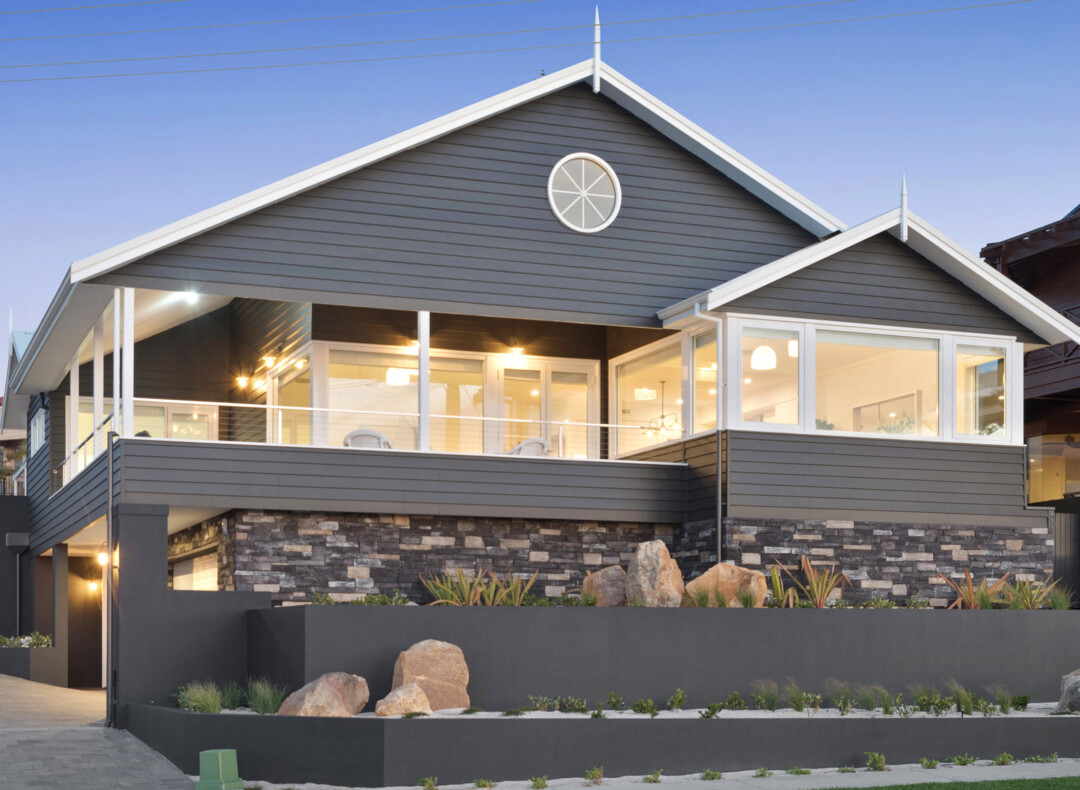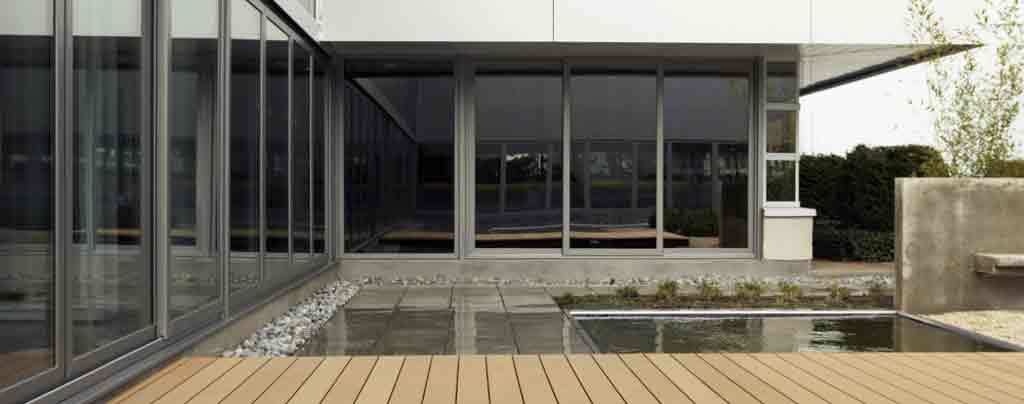All Categories
Featured
Table of Contents
Double Glazed Windows in Coolbellup Western Australia
That window can transmit more solar heat in winter than in summer season. A west-facing window on a summer season's afternoon has an angle of occurrence from near 0 as much as 30 with a large efficient area of solar radiation. A north-facing window, in summer season, has a high angle of occurrence and a low effective area of solar radiation, so can transmit less heat than a west-facing one.

But you can quickly and quickly improve the thermal performance of your home by replacing your windows. This is one of the most reliable approaches of renovation to attain improved thermal comfort. There are countless kinds of glass and frames to pick from. Choosing the ideal ones is crucial to improving the energy performance of your house.
Why Double-glazed Windows Are A Must in Greenwood Western Australia
Single glazing with clear glass is not extremely effective when it comes to heat loss or gain. To enhance performance, you can utilize single glazing with a more energy-efficient type of glass such as low emissivity (low-e) glass.
Several layers can be put together with sealed cavities in between each sheet of glass. IGUs generally offer much better energy efficiency than single glazing, because they send less energy. However, the energy performance of IGUs likewise depends upon: the homes of each layer of glass. Various glass types (for instance, clear and low-e glass) can be created in an IGU.
A Complete Guide To Double Glazed Windows in Karrinyup WA

IGU cavities can be filled with air or a more inert, low-conductivity gas such as argon the width of the cavity. Cavity density is typically 6 to 18mm. Broader cavities provide lower (much better) U worths, with 12mm typically accepted as the favored gap how well the cavity is sealed. Cavities must be dry and well sealed to prevent moisture getting in.
If argon is installed to the cavity in place of air, wetness is dependably left out the level of desiccant (drying agent). The spacer (metal or polymer strip) that separates the glass layers consists of a desiccant to soak up any wetness. Inadequate desiccant may trigger moisture to condense on the glass surface in cold conditions, decreasing thermal performance.
The Science Behind Double Glazed Windows in Gosnells WA
IGUs can deliver much better energy efficiency for all environments, particularly in heated and air-conditioned homes. Cross-section information of single, double and triple-glazing units Low emissivity glass (frequently referred to as low-e glass) lowers heat transfer. Low-e glass might be either high or low transmission: High transmission low-e glass has a coating that allows daylight from the sun to enter your house to attain good solar heat gain, however reduces the amount of the long wavelength infrared heat that can get away back through the window.
Low-e glass has either a pyrolytic finish or a vacuum-deposited thin movie metal covering. Pyrolytic finishes are long lasting and can be utilized for any glazing; vacuum-deposited finishes are soft and are just utilized within IGUs. Low-e finishings can significantly improve both U worth and SHGC; nevertheless, they should be utilized correctly or they will either degrade or fail to carry out as required.
Keeping Your Cool: The Benefits Of Double Glazed ... in Kingsley Perth
Low-e finishes can be used in mix with clear, toned or reflective glass. Low-e finishes on glazing can lower heat transfer where required Picture: Department of Market, Science, Energy and Resources Toned glass has colouring ingredients consisted of throughout manufacture. It is readily available in different colours, generally bronze, grey, blue and green.
Latest Posts
How To Upgrade Your Garden's Summer House For Year- ... in Hilton WA
When Is The Best Time Of Year To Replace Windows? in Hovea Western Australia
Sustainability in Coolbellup Perth